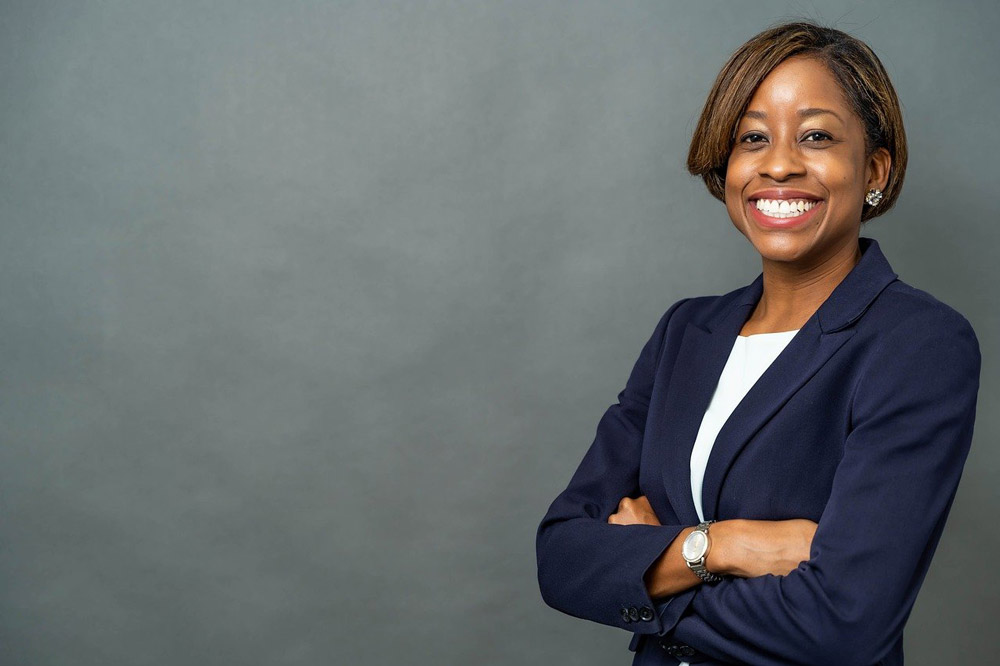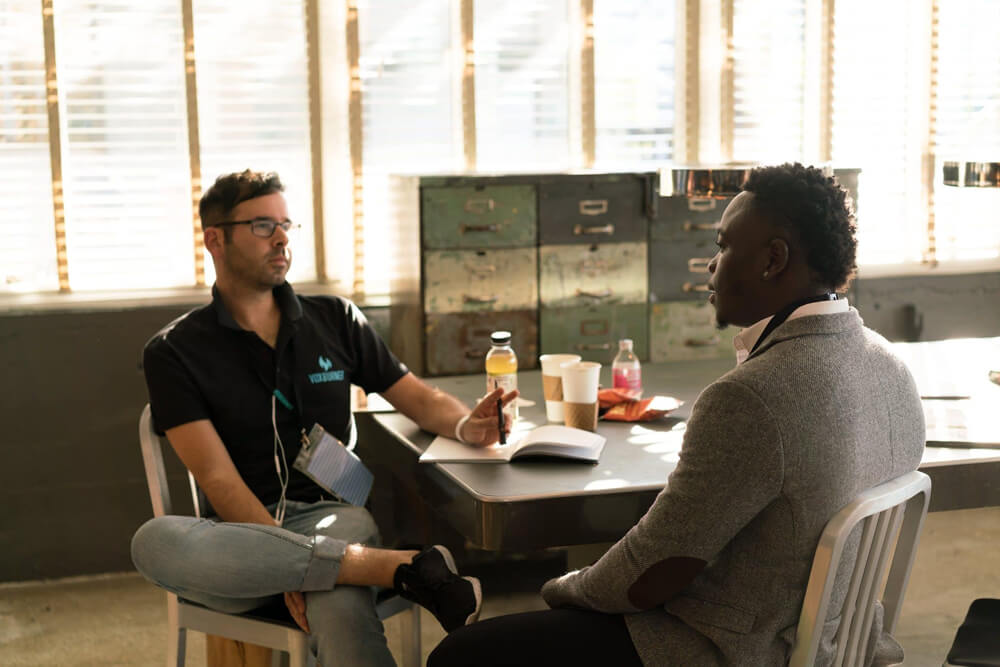Companies require leaders among their staff to address the strategic needs of each region or department. Because the owner or manager cannot handle everything, personnel who can perform the six core functions of a leader are required. The basic responsabilities of leadership must be considered before appointing a leader. As the figure of the leader might be crucial in achieving the company’s goals.
Within each area, the leader may have additional responsibilities beyond the fundamental ones. But one thing is certain: all leaders, regardless of their responsibilities, must perform the following basic activities, which I will outline below. I’ve prioritized these tasks depending on their importance. But it’s critical to emphasize that a strong leader must perform all of them equally well.
Functions of a leader
- Planning
The first step is to figure out where we’re heading so that we can devise a strategy for achieving our target or goal. It is critical for a leader to be able to plan by gathering all available information from his or her superior, coworkers, and partners. He’ll also need to know about the market and the competition. Once he receives the knowledge, his job is to define the assignment for his group or team. Making it clear what their objective or goal is. To do so, he’ll devise a workable strategy.
- Inform
Before you do anything else, make sure you tell your team. Describe the plan, and clear any misconceptions they may have regarding the jobs they must complete. Keep everyone informed about the previously devised plan. Request comments and information from each member of the team or group in question to consider their ideas and opinions.
- Act
The goal is to put the plan into action; this is one of the most important responsabilities of leadership and is vital job since many times people will not act unless the leader explicitly states that we will begin. Explain the goal, why you need to act now or later, and when you anticipate to see results. It is critical that everyone understands their responsibilities and when they should begin carrying them out in order to meet the specified individual or group goals.
- Supervise
A leader isn’t someone who accomplishes all of the above and then walks away, uncaring about follow-up or supervision. The objective is to ensure that the pace is appropriate. That all actions are completed, and that questions and doubts are limited to those that are pertinent to the plan. Control of the teams is exercised through this follow-up and monitoring by encouraging them to take action or make decisions.
- Support
It’s not only about being there in the room; it’s also about motivating your colleagues. Approving and providing feedback on each member’s efforts. Encouraging the group and individuals or, if required, imposing discipline. It is critical that everyone feels that they are a part of the team, resulting in “team spirit”. When tensions or arguments emerge, use humor to diffuse them before they degrade relationships.
- Evaluate
If we don’t analyze, we won’t learn and won’t be able to progress. A leader must monitor the progress of the suggested strategy and tasks on a regular basis. It is critical to examine the procedure throughout to see if its viability has changed. Finally, he or she should analyze the group’s and its members’ performance and assist them in evaluating themselves. So that they can improve and become more efficient and productive. This assessment should always be as objective and results-driven as possible.
Do you, as a leader, carry out these basic responsabilities of leadership?




